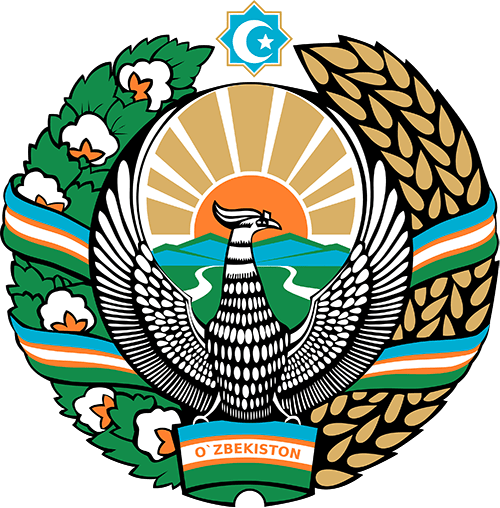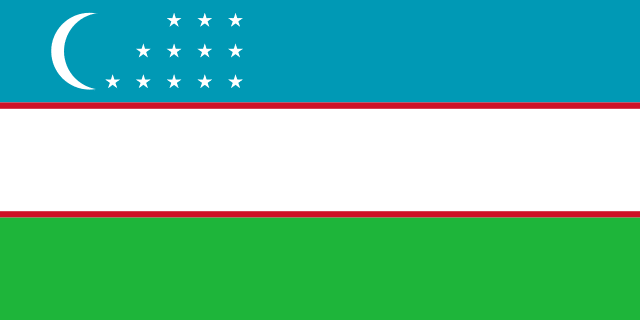In the 2019-2020 academic year, 17.25 staff units were allocated to the Department of Public Health and Health Management. In the 2019-2020 academic year, students of the faculties of pediatrics, medical pedagogy and the faculty of General Medicine, higher medical education and master’s programs at the Department of Public Health and Health studied in the following disciplines: on the 1st year of History, medicine on the basis of the State Standard, developed in 2018, students of medical Faculty of Biology Hygiene, medical ecology. The rating system was organized on a 5-point scale and the final control was carried out in the Test Center. The final control was organized online by the staff of the information technology department. 2nd year students of all faculties studied the discipline of public health in the 2nd semester based on the state standard developed in 2018. The learning process was 5 points, and the subject was completed as a set-off. 3rd year students studied the discipline “Hygiene, Medical Ecology” in 5-6 semesters based on Gosstandart, developed in 2017. This subject was organized on the basis of a 100-point system in which in the 5th semester of TB – 45.0, IWS – 5.0, IK – 50.0 points, and the process was carried out in a periodic system, in the 6th semester the educational process was organized in kind of cycle.
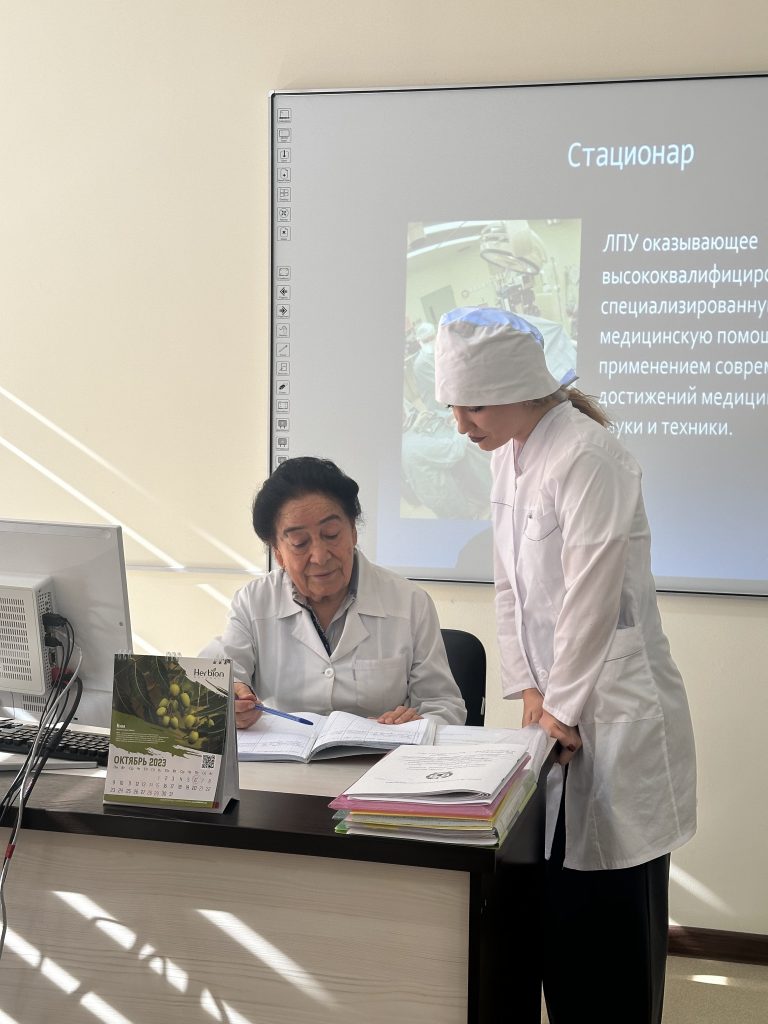
The final control was carried out online. The subject of public health and public health management was taught to all 6th year students in accordance with the state standard developed in 2014. In this discipline, intermediate and final control were carried out in a test center and evaluated using a 100 point system. 2-year undergraduates studied healthcare management at the department for 3 semesters, the final control was carried out in writing at the department. During the academic year, students of the Faculty of Higher Nursing taught disciplines – Nursing in society, Clinical Epidemiology and Valeology, Management in Nursing. Students of 1-2 courses in these subjects studied with a score of 5 points. The final control of 1st year students passed orally at the department, 2nd year – at the test center.
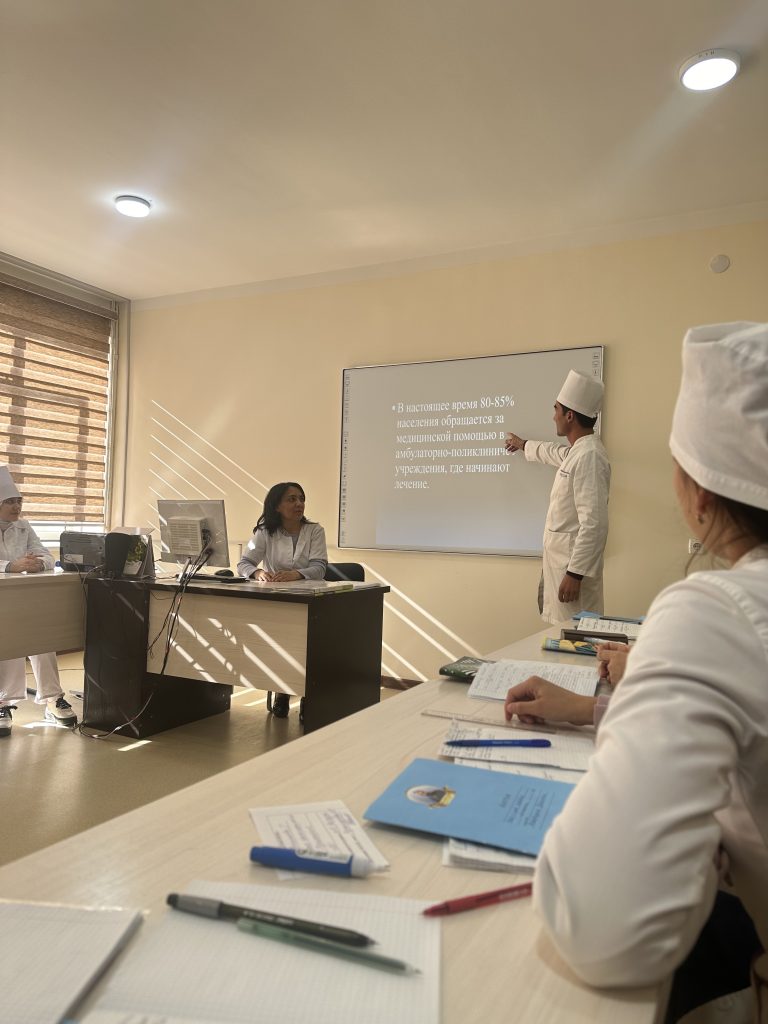
In 2020, Professor Iskandarova Sh.T., M.I.Khasanova, in collaboration with professors and teachers of the Tashkent Medical Academy, developed and published the textbook “Hygiene. Medical ecology. ” Also, professor Iskandarova Sh.T., assistant professor Rasulova N.F. textbooks “History of Medicine” and “History of Medicine” were prepared and published. Professor Iskandarova Sh.T. the guidelines “Etiology, Epidemiology, and Prevention of Neonatal Coronavirus Infection (COVID-19)” and co-authors “Temporary Recommendations for the Management of Patients with a Heart Attack of Neonatal Coronavirus Infection COVID-19” were developed. Employees of the department are constantly improving their skills every year. In order to improve qualifications this academic year, associate professors Rasulova N.F., Dzhalilova G.A. and assistant Sadykova A.A. were trained in September at the center for retraining and advanced training of teachers of the Tashkent Medical Academy at the 288-hour advanced training course in “Medical Prevention” and were awarded the “Qualification Certificate”. The “Teacher-student” system created at the department operated for a year and the skills of young employees were constantly improved thanks to their mutual participation in the department’s lessons.
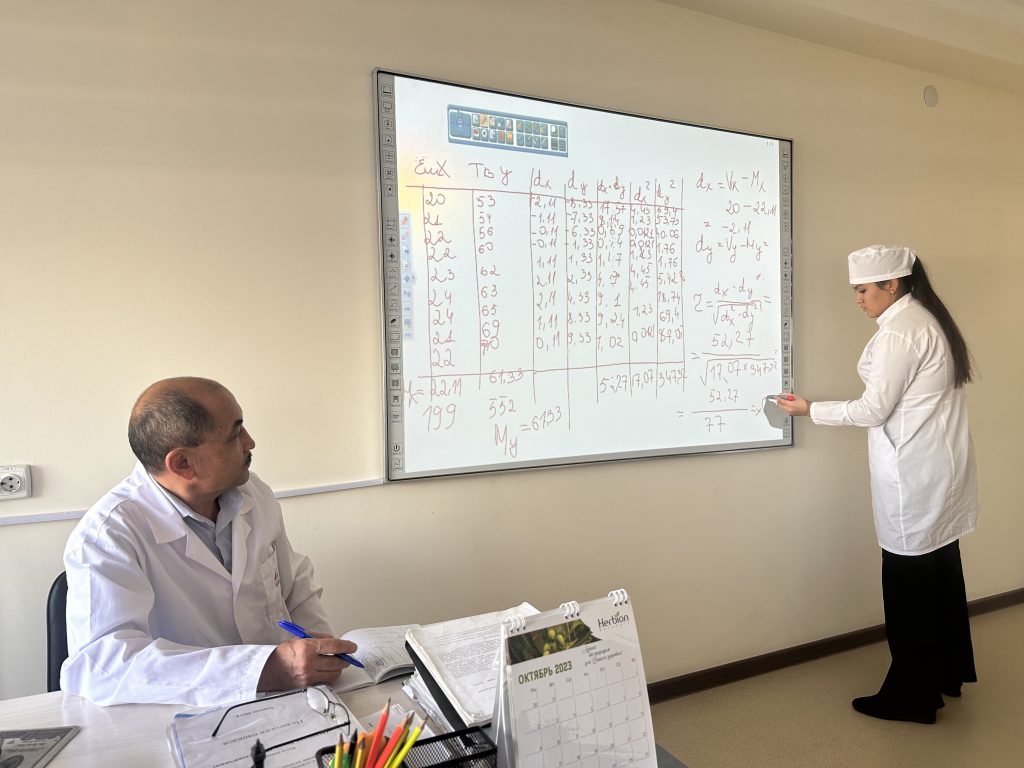
Young employees Gafurova Z.Sh., Khamraeva F.M. and Tolipov I.Ya were reinforced by associate professors of the department.
The department has 17.25 staff units for the 2018-2019 academic year, of which:
• Head of Department – 1
• Assistant Professors -6
• Senior teachers – 1
• Assistants – 9
The staff of the department prepared methodological work, so for the reporting period, developed an educational and methodical complex on subjects in Russian, Uzbek languages and handouts, electronic literature.
The department uses new pedagogical technologies, such as “Field of Miracles”, “Knowledge Tree”, various graphic organizers, educational projects and cases. Currently, an educational-methodical complex is being developed using materials from foreign textbooks. Technical equipment of the department: there are 11 computers, 12-TV, 2-printer, 2-projector.

